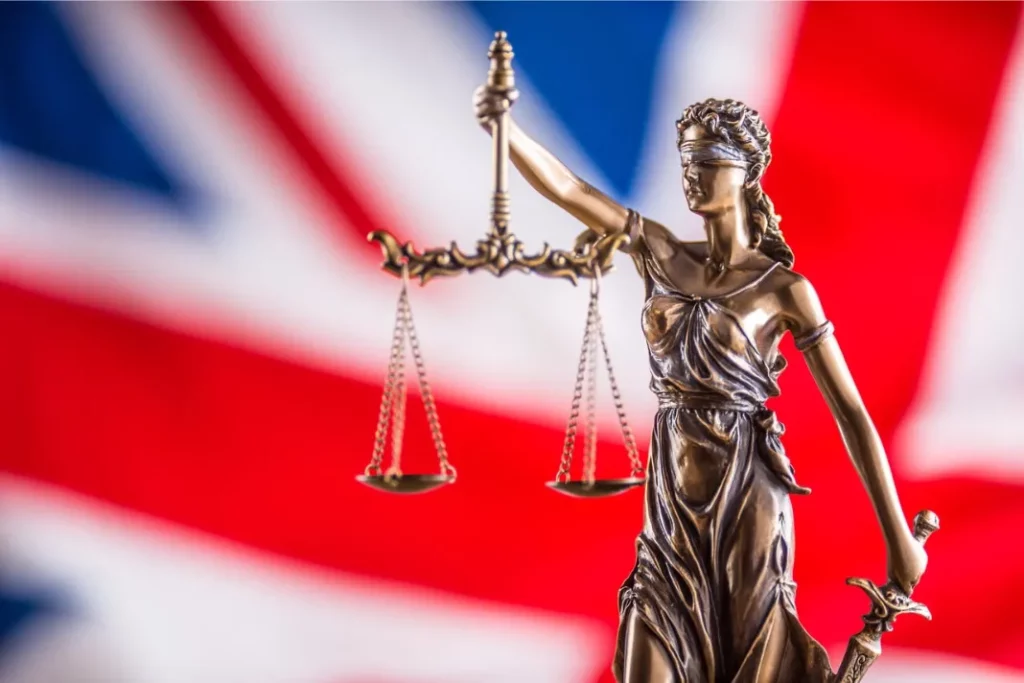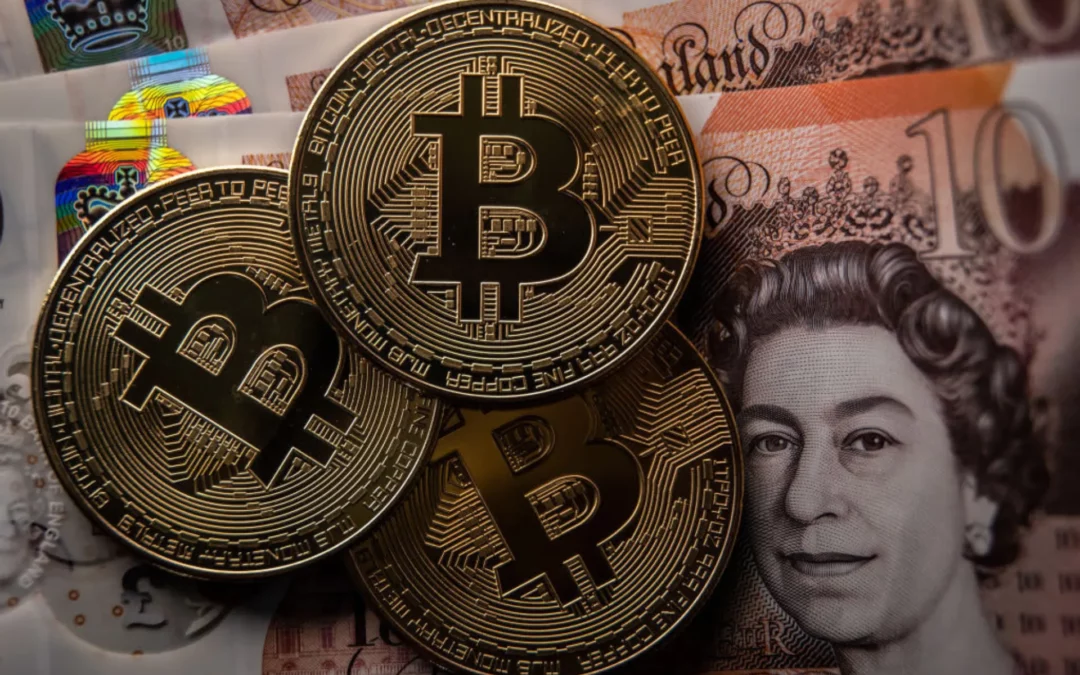Introduction
In 2023, Non-Fungible Tokens (NFTs), as a fresh type of digital asset experienced a substantial increase in acceptance and popularity in the UK. NFTs, which serve as evidence of ownership and authenticity for digital artwork, collectibles, and other special digital assets, are one-of-a-kind digital tokens that are kept on a blockchain. In this article, we’ll take a closer look at how NFTs are taxed in the UK, including what taxes you may be subject to, how to determine the tax implications of buying and selling NFTs, and much more.
NFTs have become a new frontier in the world of art and collectibles thanks to the development of blockchain technology and the rising desire for digital art. With many artists and galleries using this new technology to sell their work online and reach a worldwide audience, the UK’s art market has embraced NFTs quickly.
NFTs are being used in a number of different industries, including music, sports, gaming, and the arts, where they present new chances for creators and fans to interact with one another in creative ways.
It is anticipated that NFTs will have a major impact on the future of digital ownership and commerce as the technology continues to acquire traction in the UK and around the world.
What are NFTs?
To be non-fungible, an asset must be entirely unique and cannot be exchanged for another. On the other hand, a one-pound coin is fungible: it can be exchanged for another coin of the same value.
An NFT, for all intents and purposes (and in common parlance), is a single unit of data on a blockchain. This piece of code, or token, is what underpins an asset
Although these images can be copied indefinitely, buyers own the unique code on the blockchain that identifies them as the sole owners.

Why are NFTs such a trending topic?
If the huge spending isn’t enough to spark worldwide interest, massive celebrity endorsement has made the sight of NFTs ubiquitous on social media.
Music stars like Lionel Ritchie and Post Malone, as well as sportsmen like former England captain John Terry, have joined the NFT movement, showing an astonishing willingness to promote their NFT purchases. The list is long.
Due to the high-profile sales of some NFTs, conventional media and popular culture have taken an interest in NFTs. For instance, a digital piece of art by Beeple was sold for a record-breaking $69 million at Christie’s auction house in March 2021, drawing more attention to NFTs.
NFTs have taken over, and if current interest is to be believed, they seem to be here to stay.
Have you ever wondered what are NFTs good for?
Well, NFTs aren’t just about art, but that’s a big part of what’s driving the market right now.
Digital artists can tokenize their work and distribute it much more widely, and in many cases more lucratively, without having to deal with traditional industry gatekeepers.
What about the buyers?
Like any work of art, the value of an NFT artwork can increase (and naturally, many buyers bet on it). Indeed, many NFT artworks have seen dramatic price increases – the CryptoPunks collection is a good example.
But works of art aren’t the only assets or items to be converted into tokens. Besides music (Forbes has called NFTs “the future of music”), almost any document could theoretically be tokenized – mortgages, degrees, and licenses could all be secured by data units on the blockchain.
The advantage of this solution is the virtual impossibility of fraud and the elimination of copyright problems.
NFTs are beginning to play a role in the third sector, with companies like STEM Genesis looking to tap into the nascent market for NFTs to fund global research projects, while Emilia Clarke launched a carbon-neutral NFT to support those affected by traumatic brain injury.

How are NFTs taxed in the UK?
Consider CGT and Income Tax
When sold or otherwise disposed of in the UK, NFTs are typically liable to capital gains tax (CGT). This implies that you must pay tax on any profit you make if you sell an NFT for a profit. The CGT rate varies based on your income and other factors, but it is currently 20% for the majority of people.
The precise tax treatment of NFTs in the UK may vary depending on a number of variables, including the asset’s nature, the sale’s circumstances, and the seller’s residency status. A comprehensive guidance has been published by HM Revenue & Customs on the 19th December 2018 on how the Revenue will tax people who use cryptoassets such as cryptocurrency and NFTs. You may find more information on each assets along with your how it would apply to your situation by clicking here.
VAT: An uncertain environment to navigate
On another note, you may face emerging VAT issues related to NFTs and crypto assets in general. Current VAT positions by countries reveal there is no “one size fits all” approach. It appears that early trends are to treat NFTs as a service (not goods), meaning electronically supplied services rules are likely to apply. There are currently no VAT exemptions as for now. Therefore, it would be important to consider the followings
- Location of the consumer, which can be more complicated to identify.
- Seller’s commission, and how VAT rules would apply to a given series of transactions that could involve various commissions for market, valuation..
- Buyer’s premium which might be for payment collection/facilitating/arranging the transfers of NFTs.
As you probably understood, it is worth checking with your accountant along with your tax adviser shall you wish to invest more into crypto assets and NFTs. This makes the international VAT framework an uncertain environment to navigate. So be sure to seek professional advice shall you wish to invest more into crypto assets and NFTs.
Non-Domicilied Status: Things to consider
As per non-domicilied individuals, it is commonly known that this status offer lots of benefits when it comes to investment. However, your NFTs are cryptoassets may be subject to UK tax shall you bought your NFTs using a UK third party. Therefore, as crypto assets and NFTs involve – most of the time – international transactions, the potential difficulty in identifying the location of the buyer and/or seller makes it challenging for both taxpayers and tax authorities to properly administer these transactions and remit or collect such revenues. So be sure to seek professional advice.
Conclusion
Are you an owner of an NFT and want to sell or hold it in the UK? In any case, it is advised that you obtain expert advice from a tax expert or financial advisor if you are thinking about selling an NFT or have any questions about the tax repercussions of owning or selling NFTs in the UK.
For artists and those selling collectibles, the future is exciting, but it’s important to understand the financial and legal repercussions.
Do you want to know more? Explore our other Cryptocurrency articles
Are you interested in purchasing an NFT? In this case, we recommend you to read our article – How to Buy an NFT- An Easy Guide
Shall you want to explore your banking options related to cryptocurrency and start your NFT journey, do not hesitate to book a free consultation with our friendly team.
Disclaimer
Widelia and its affiliates do not provide tax, investment, legal or accounting advice. Material on this page has been prepared for informational purposes only, and is not intended to provide, and should not be relied on for, tax, investment, legal or accounting advice. You should consult your own tax, legal, and accounting advisors before engaging in any transaction. Please consult https://widelia.com/disclaimer/ for more information.









